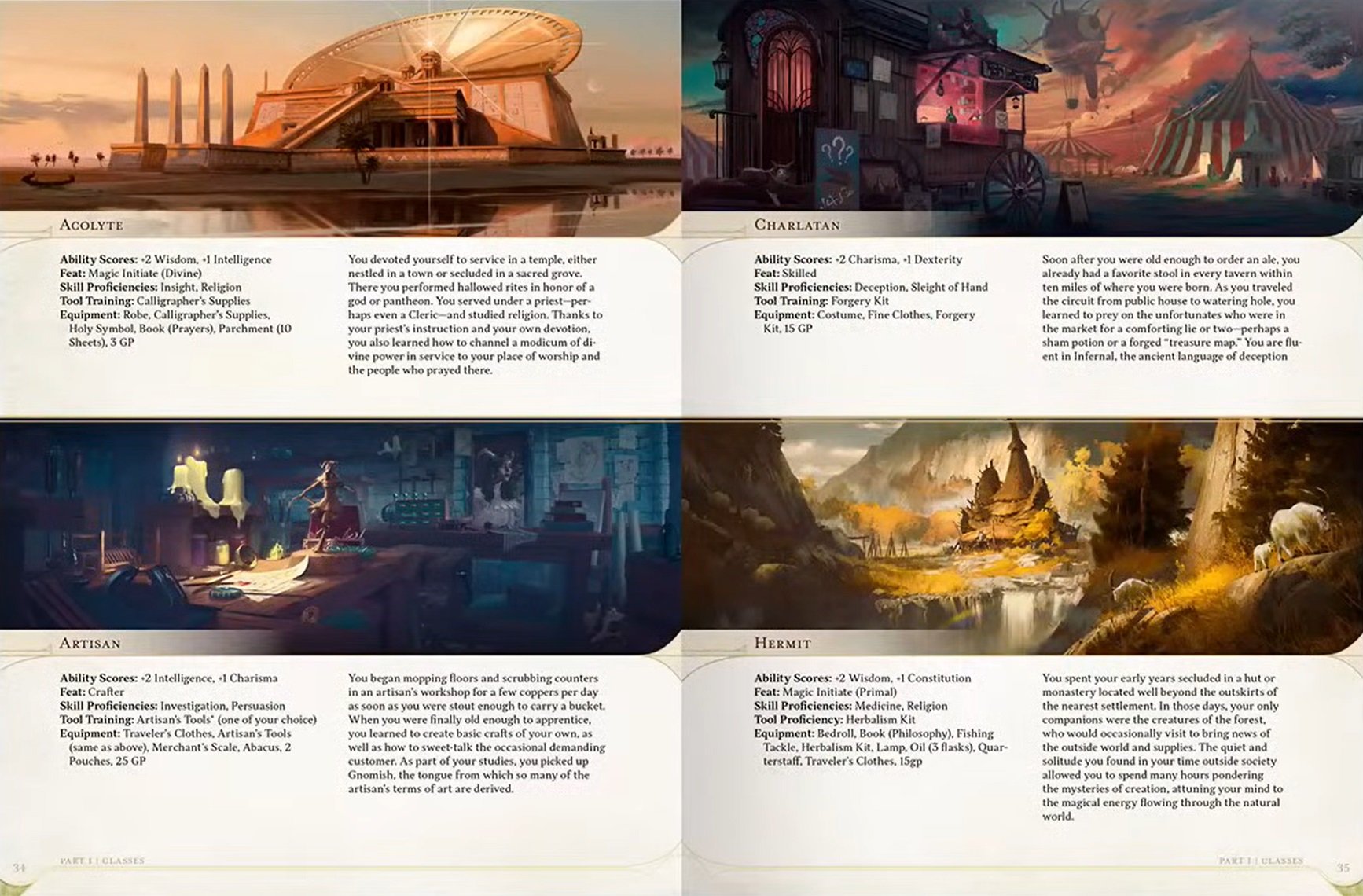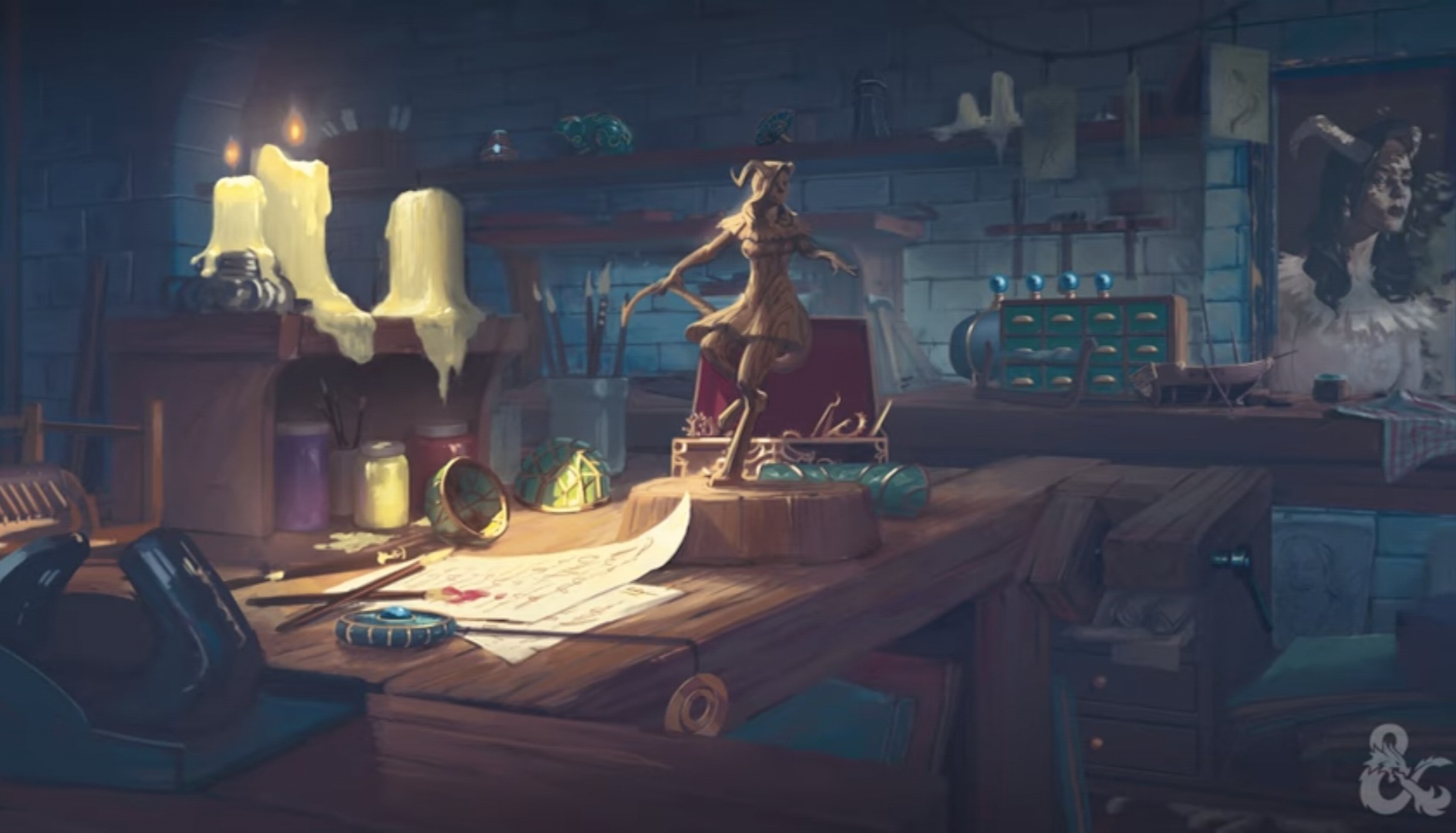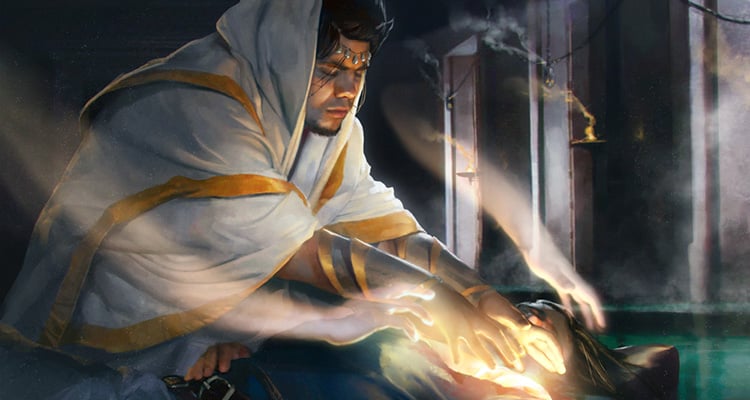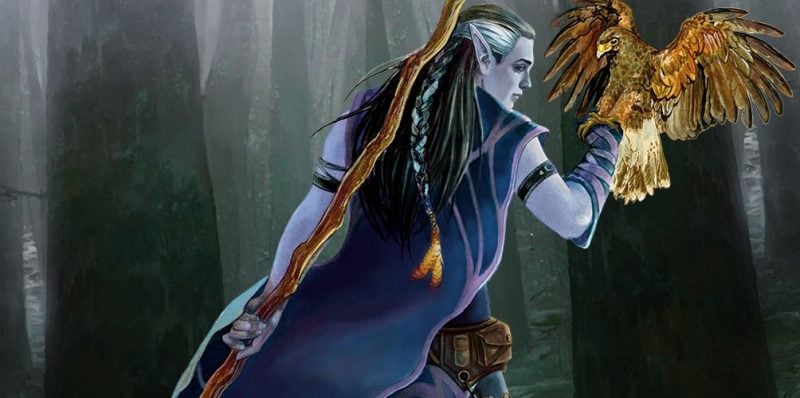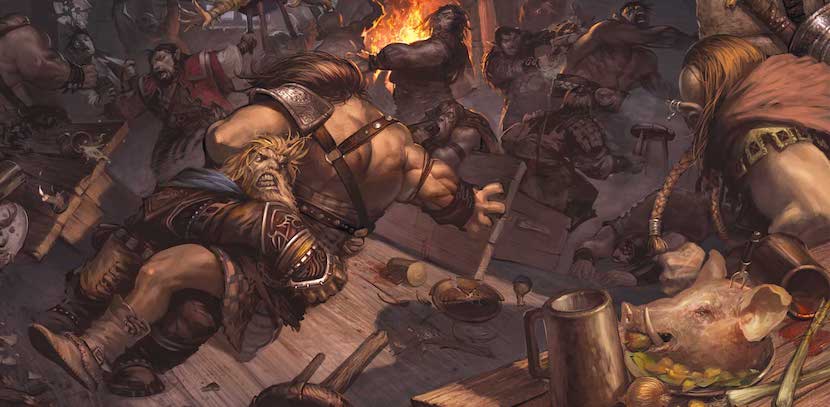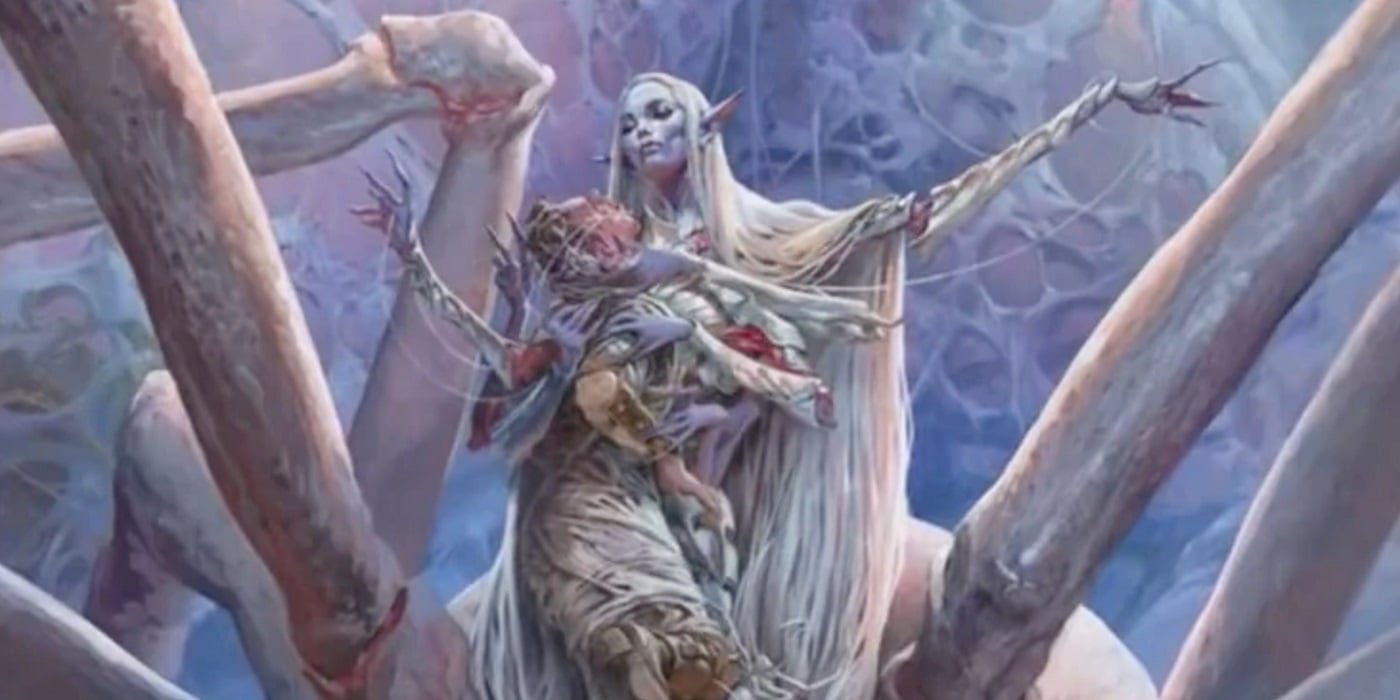D&D 5.5E – Backgrounds and Origin Feats Unveiled, From Acolyte to Tough
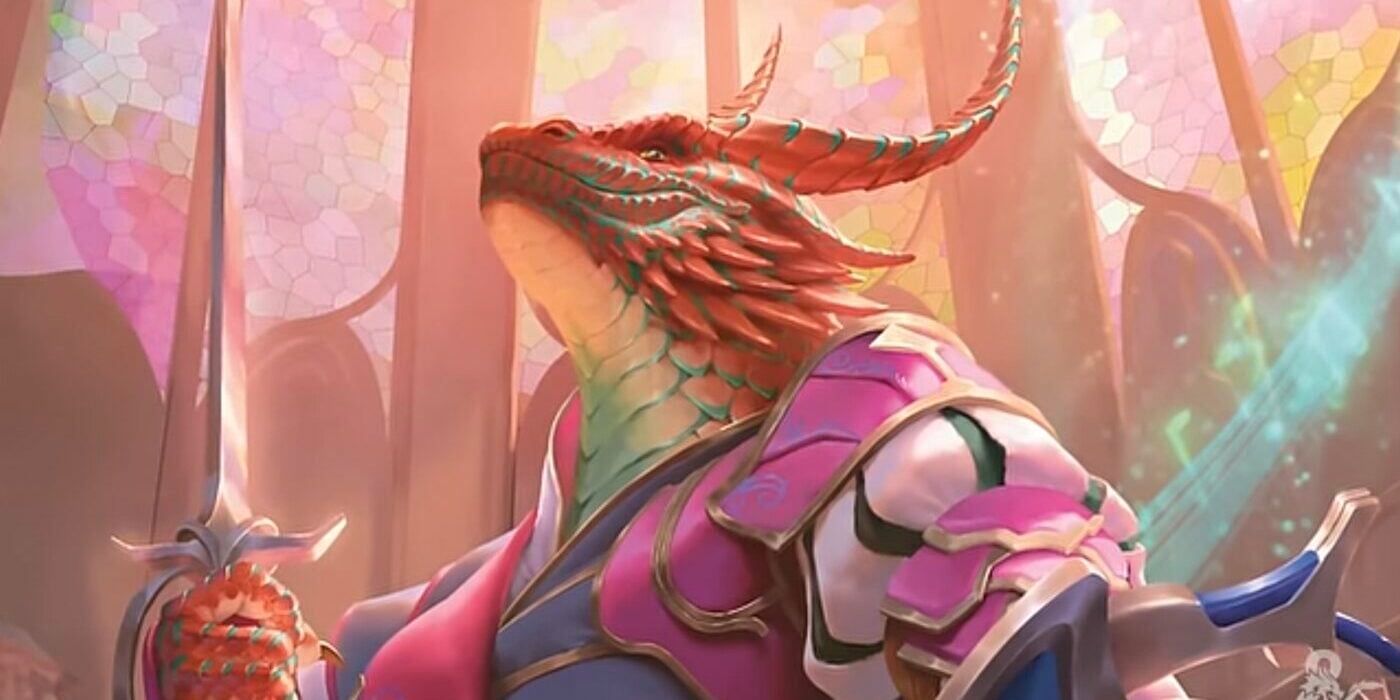
Are you curious about Backgrounds, or more likely Origin Feats? WotC’s new preview reveals which ones made it and how they’ve changed.
The upcoming 5.5E Player’s Handbook will feature 16 backgrounds and ten different Origin Feats. At least, that’s what WotC unveiled today, and it seems unlikely that more are lurking hidden in the Player’s Handbook to come. So, with that in mind, we’re digging into which feats are Origin Feats and how they’ve changed from 5th Edition.
The details of Backgrounds are still a little sparse. We don’t know which backgrounds will provide what stat bonuses or DnD feats specifically yet. But overall, we know what backgrounds are in the Player’s Handbook and roughly how they’ll all work.
D&D 5.5E Backgrounds Revealed – The Building Blocks of PCs
In the new Player’s Handbook, Backgrounds are the source of your ability score increases. As we’ve already seen in some previews, each Background will provide you with three stat options that you can pick from. So, for instance, playing a Wayfarer (a “new background,” but not really) gives you Dexterity, Wisdom, and Charisma to choose from. And you can either add +1 to each stat, or +2 to one, and +1 to one other. You have three points to divide up in all.
Then you get an Origin Feat, a special class of feat. These are typically the more innate feats one might pick from, like Lucky or Alert, things that sort of reflect an inherent ability or predisposition. There are ten revealed so far. In this case, Wayfarer gives you the Lucky feat.
Then finally, you get some Skill Proficiencies, Tool Proficiencies, and a set of starting equipment. There are sixteen backgrounds all in all; here’s the full list:
- Acolyte
- Artisan
- Charlatan
- Criminal
- Entertainer
- Guard
- Farmer
- Guide
- Hermit
- Noble
- Merchant
- Sage
- Sailor
- Scribe
- Soldier
- Wayfarer
If you’re wondering what a Wayfarer is, they’re basically urchins. It says so in the description on D&D Beyond:
An urchin or societal castoff, you learned to survive. Forging your own path on the streets and possibly turningt o crime when needed, you’ve managed to keep your pride and hope that destiny has more for you yet.
How about those Origin Feats, though?
So far, ten Origin Feats have been revealed. I think this might be the full list, and some Backgrounds will double up on which feats they provide. But here’s a look at what they are: There are a few new ones, and many old familiar faces have changed.
Alert – This feat has changed from its 5E version, which meant you could never be surprised, gave you a flat +5 to initiative, and unseen creatures didn’t get advantage attacking you. The new version only gives you your proficiency bonus to your Initiative, and instead of the other benefits, it just lets you swap your Initiative with a willing ally in combat. Seems like a massive nerf for this one.
Crafter – A new Origin Feat. This gives you proficiency with three different artisan’s tools, as well as a 20 percent discount on nonmagical items. Additionally, you can make an item from special “Fast Crafting” table, which will last until you finish your next Long Rest, which is a weird choice. I don’t like that move inherently. It feels like if you’re going to let a character make something, they should just be able to make it. But we’ll see what the other Crafting rules feel like. Maybe they’ll be robust enough that this Feat doesn’t seem too weirdly restrictive.
Healer – The “You can use a Healer’s Kit” feat. When you use one as an action, your target can spend one of their Hit Dice, rolling it, adding your proficiency bonus, and regaining that many hit points. Also, when you roll to determine Hit Points when healing someone, be it with a kit or with a healing spell, you can reroll a 1.
Lucky – One of the strongest feats in 5th Edition, Lucky remains so in 5.5E, though it’s a little less unrestrained. In 5E, Lucky lets you choose which die to roll; now, you get a flat-out Advantage, which is honestly fine. It means that Lucky doesn’t turn Disadvantage into Super Advantage by a strictly technical reading of the rules. You also get more Luck Points as you level up and can even make someone attacking you suffer Disadvantage.
Magic Initiate – This feat gives you two cantrips and a level 1 spell from the Cleric, Druid, or Wizard spell list, as you might expect. You, however, get to decide what your ability score modifier is (Int, Wis, or Cha) for the spells you pick when taking the feat, and you can cast your Level 1 spell for free once per day. This is going to be the backbone of many a character.
Musician – A feat for those who want to be the best performers but don’t necessarily want to be Bards. You gain proficiency with three musical instruments, making you more talented than the majority of D&D characters, and you can play so well that whenever you finish a Short or Long Rest, you can give up to [your proficiency bonus] allies Inspiration.
Savage Attacker – An origin feat for those who hate rolling 1s on damage dice. This has seen a pretty good quality of life improvement from 5th Edition. Now, you can, once per turn, reroll the damage dice of a weapon attack and use either roll. So you effectively gain an advantage on damage rolls once per turn.
Skilled – Gain proficiency with three skills or three tools or some combo of both. Exactly what you’d expect.
Tavern Brawler – This will never be as good as it is in Baldur’s Gate 3, but it’s not the worst thing in the world. It gives you an Unarmed Strike that deals 1d4 + Strength, which is nice. Monks will get even more out of it. If you get a 1 on the damage dice for your unarmed strike, you can reroll it, and once per turn, when you unarmed strike someone, you can push your target 5 feet away from you. Not bad if you’re already getting it from the start.
Tough – There will never be a WotC version of D&D that doesn’t have some version of this feat. Mark my words. Gain two extra hit points per level. Easy as pie.
What Origin Feats will you be wanting for your new characters?

